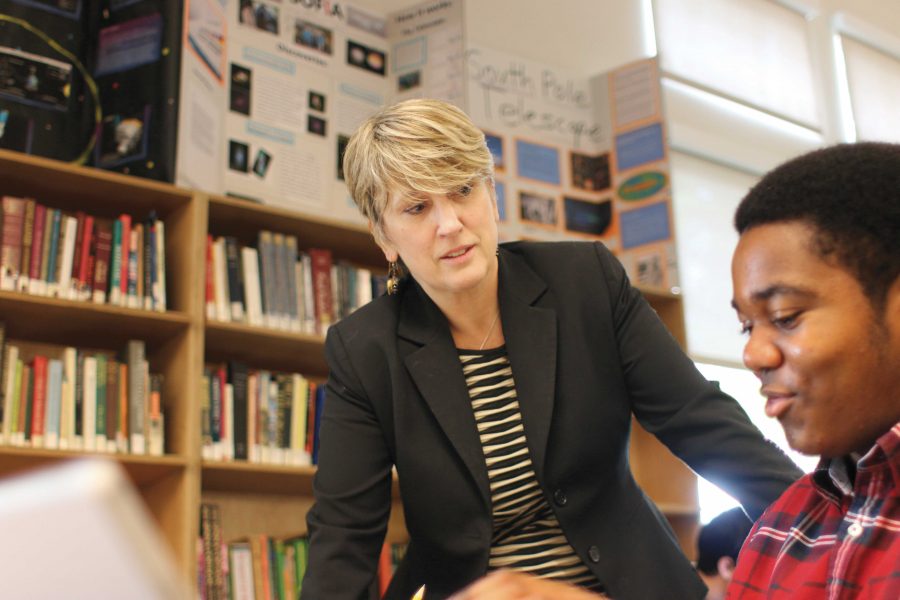Should teachers leave their personal views on social and political issues at the schoolhouse gate? Can this be enforced? Is it even possible for teachers of subjects like literature, social studies or history to teach without projecting their own bias into the lesson? Inside University Prep, there is an array of opinions from students and staff.
“Most importantly, we’re trying to teach kids multiple perspectives,” said head of school Matt Levinson. Levinson thinks that its important that students learn how to approach an issue two difference ways.
At U Prep, while the school doesn’t officially support a political party or a set of values, the majority of the student and staff body leans liberal and democratic on many sociopolitical issues. As a result, left-wing values often seep into the classroom, particularly in the words and lessons of the teachers themselves. But is this a problem?
History teacher Abigail Hundley says that she thinks bias is inevitable, but doesn’t think having bias in her lessons is always a bad thing.
“Every [teaching] choice you make has to do with the commitment that you have…I think it’s important that students see their teachers as passionate about their work,” Hundley said.
Hundley believes that by sharing her beliefs, she can ensure students will be more interested in her class. However, Hundley encourages her students to approach her lessons with some degree of scrutiny.
“I always try and encourage my students to think of me as a source, and like all the other sources, I want them to look critically at what I’m saying,” Hundley said.
Junior Nikhil Deo agreed that bias can be good, but as a student has observed its negative effects.
“I think sometimes it’s necessarily uncomfortable because it’s an uncomfortable topic,” Deo said. “For me, most of the teachers who express their political biases generally have similar bias that I do.”
Deo said that bias in the classroom has never put him in an uncomfortable situation, but that he sees how it could for some people.
Senior Joe Klemencic think’s it’s good when teachers aren’t afraid to express their opinions. However, he does see a downside. “Personally, I don’t know a lot about politics. My views are often shaped by [the teachers].”
Klemencic also said that he wasn’t sure if this was a good thing, or a problem.
One senior thinks that personal politics need to be kept out of the classroom entirely. “If it’s a social issue, there should be no bias. Keep it to the facts,” the student said.
Physics Teacher Moses Rifkin believes teacher beliefs generally belong out of the classroom, but doesn’t think it’s a black and white issue.
“I think where it gets complicated is the line between belief and identity,” Rifkin said. “If I were gay, for example, being out in the classroom…some people might view that as me imposing my beliefs. Other people might view it as just me, being who I am.” Rifkin says that although he personally doesn’t have a problem with this, he knows others who do.
Placing yourself into the U Prep community means understanding that many lessons will be taught with a progressive and liberal agenda. And while some students enjoy that their teachers
By Isaac Glasser

